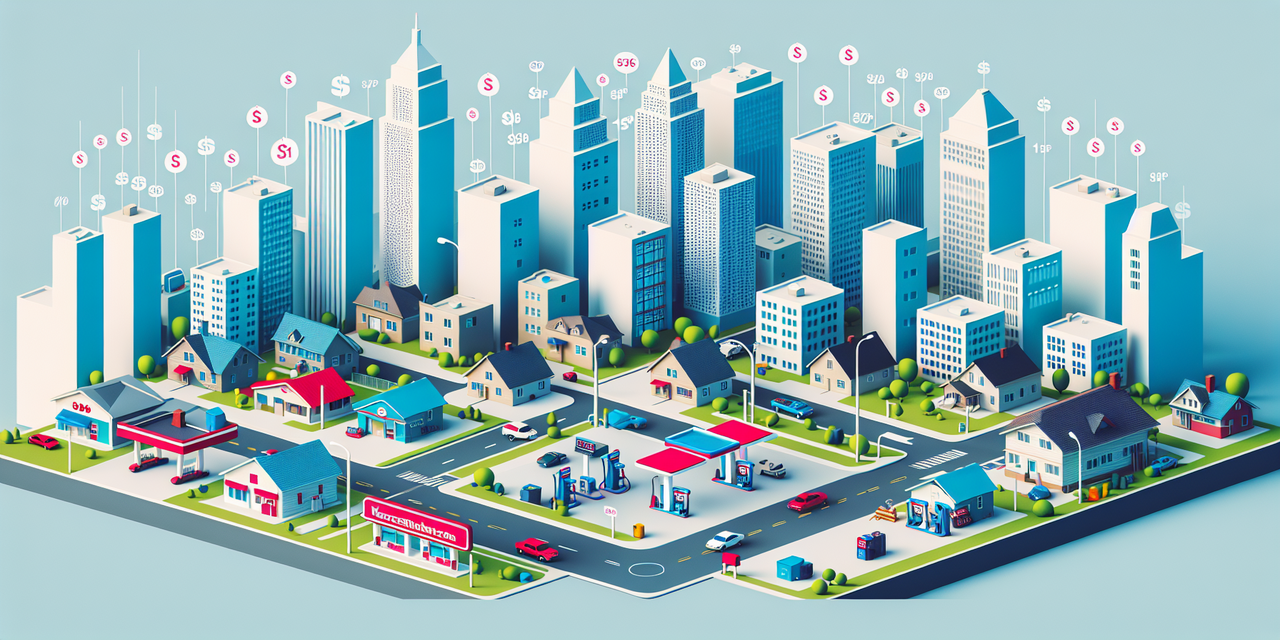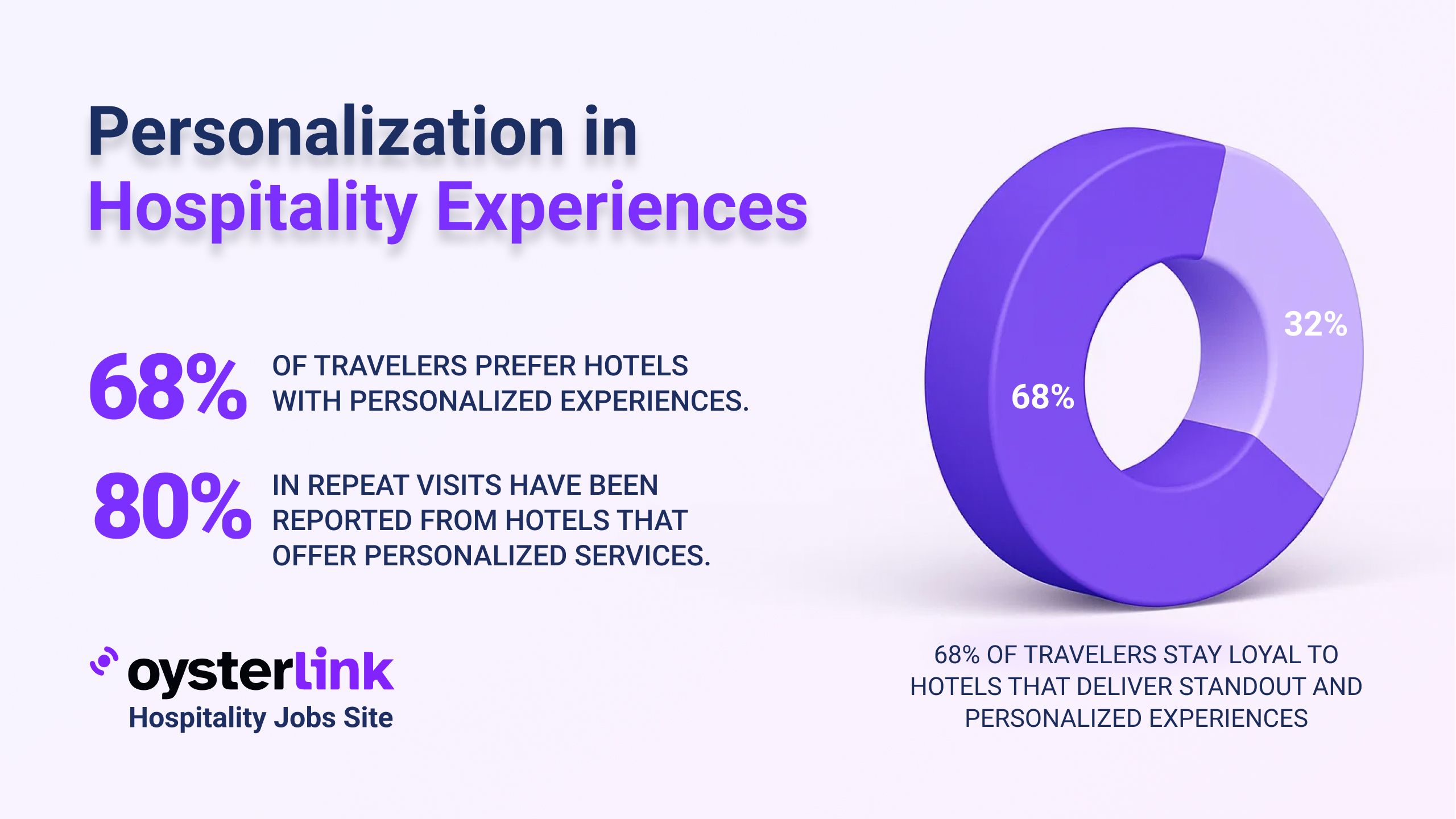Kansas Cost of Living: Quick Takeaways
- Housing Costs: Average rent for a one-bedroom apartment in Kansas is projected to be $1,030 in 2025, with median home prices around $240,057.
- Transportation Expenses: Public transit monthly passes cost about $50, while fuel prices average $3.13 per gallon.
- Healthcare Costs: Employer-sponsored health insurance averages $140 monthly, and Silver plan premiums are around $500 monthly.
- Income Levels: Median household income in Kansas is approximately $62,087 in 2025.
Kansas offers a cost of living that is notably lower than the national average, particularly in housing and transportation.
This article provides a detailed breakdown of expenses across categories like housing, utilities, transportation, and more, reflecting 2025 data.
For hospitality employers interested in managing costs effectively, understanding regional expenses can help in strategizing labor budgets and salaries. Learn more about cost of hiring employees and strategies.
1. Housing Costs in Kansas
Housing remains a core part of living expenses. Below is a historical overview of rent prices for one-bedroom apartments:
- 2010: Approximately $600
- 2015: Around $700
- 2020: About $900
- 2024: Reached $1,000
- 2025: Projected at $1,030
Rental costs have steadily grown, reflecting market trends and demand in the region.
Hospitality businesses in Kansas looking to attract top talent can benefit from insights on hiring costs for restaurants and hospitality in 2025.
2. Homeownership and Real Estate Trends in Kansas
For buyers, median home prices have increased over time, illustrating appreciation in real estate value:
- 2010: Median home price was about $150,000
- 2015: Increased to approximately $170,000
- 2020: Rising to $200,000
- 2024: Reached $240,057
- 2025: Remains around $240,057
These figures indicate a healthy real estate market attractive to buyers and investors alike.
3. Transportation Expenses in Kansas
Kansas' transportation costs include various modes with associated expenses:
- Public Transit: Single ride fare averages $1.50, while monthly passes cost around $50.
- Fuel Costs: Average fuel price per gallon is roughly $3.13.
- Vehicle Maintenance: Annual maintenance expenses average about $1,200.
Costs can vary depending on personal usage and vehicle type.
4. Utility Costs in Kansas
Monthly utility expenses for a typical household usually comprise:
- Electricity: $204.50
- Internet Services: $50.00
- Total Utilities: Approximately $254.50
These figures are influenced by consumption habits and providers.
5. Grocery and Food Expenses in Kansas
Food costs include grocery shopping and dining out options:
Monthly grocery cost per person is estimated at $353.00, with dining prices ranging from $15 at casual restaurants to $50 at mid-range establishments.
For those in the hospitality industry, understanding the local market can aid in menu pricing and worker compensation. See our guide on restaurant wages compared by state.
6. Healthcare Costs in Kansas
Healthcare expenses include insurance premiums and out-of-pocket costs:
Employer-sponsored health insurance premiums average $140 monthly, while Silver plan premiums are approximately $500 monthly.
7. Educational Expenses in Kansas
Education costs vary across public and private options:
- Public Schools: Typically free as they are funded through taxes.
- Private Schools: Average annual tuition is about $10,000.
- Higher Education: In-state university tuition averages around $10,000 per year.
Costs depend on school selection and programs chosen.
8. Entertainment and Leisure in Kansas
Recreational activities offer a range of expenses:
- Movie Tickets: Average price is $10 each.
- Gym Memberships: Cost about $30 per month.
- Mid-Range Restaurant Meals: Typically around $50 per meal.
Annual entertainment-related spending totals about $2,000, including personal care services at $600 and miscellaneous goods and services at $500.
9. Taxes and Miscellaneous Fees in Kansas
Tax rates and other fees impact overall expenses:
- State Income Tax: Ranges from 3.1% to 5.7% depending on income bracket.
- Sales Tax: Combined state and local sales tax totals about 6.5%.
- Property Tax: Approximately 1.4% of assessed property value.
These taxes affect residents and businesses throughout the state.
10. Childcare and Family Expenses in Kansas
Child-related expenditures include:
- Daycare Services: Monthly cost averages $725.50.
- After-School Programs: Around $300 per month.
- Extracurricular Activities: Average $100 monthly.
Families should plan carefully to address these important costs.
11. Clothing and Personal Care in Kansas
Regular expenses in this category include:
- Clothing: Monthly spending is about $100.
- Personal Care Products and Services: Average $50 per month.
Expenditures may vary based on individual lifestyle choices.
12. Insurance Costs in Kansas
Essential insurance policies contribute to living costs:
- Health Insurance: Average monthly premium is $500 for a Silver plan.
- Auto Insurance: Annual premiums average $1,200.
- Homeowners Insurance: Typical annual cost is $1,000.
- Renters Insurance: Averages about $200 annually.
These are vital for protection and compliance.
13. Miscellaneous Expenses in Kansas
Other notable costs include:
- Entertainment: Annual spending is about $2,000.
- Personal Care Services: Around $600 per year.
- Miscellaneous Goods & Services: Approximately $500 annually.
These costs vary with preferences and lifestyle.
14. Income and Salaries in Kansas
Income levels provide insight into financial well-being:
- 2010: Median household income was about $50,000.
- 2015: Rose to approximately $55,000.
- 2020: Increased to $60,000.
- 2023: Reached about $62,087.
- 2025: Expected to remain around $62,087.
These trends reflect ongoing economic growth in the state.
For hospitality employers concerned about competitive salaries, refer to our Kansas cost of living insights paired with wage data for roles like bartenders salary and restaurant managers salary.
15. Comparison with National Averages
Kansas generally offers a more affordable cost of living compared to national figures:
- Overall Cost of Living: Approximately 13.5% lower than the US average.
- Housing: Significantly lower by about 27.4%.
- Utilities: Slightly higher by around 4.4%.
- Food: Cost is about 7% lower.
- Healthcare: Nearly equivalent with a slight 0.4% increase.
- Transportation: Lower by approximately 20.7%.
- Goods & Services: About 5.2% lower.
This comparison highlights Kansas’ affordability particularly in housing and transportation sectors.
Our Methodology for Kansas Cost of Living Figures
The data presented here was compiled from multiple reputable sources, including government statistics, real estate platforms, and industry reports.
Where precise data was unavailable, reasonable estimates were made to provide a clear picture of Kansas' 2025 living costs.
Kansas Cost of Living: Conclusion
Kansas in 2025 offers an affordable living environment, especially notable for low housing and transportation costs relative to the national average.
Other expenses, including utilities and healthcare, are close to or slightly above average, balancing overall affordability.
Understanding detailed cost breakdowns helps residents and prospective movers make informed financial decisions in this Midwestern state.
Businesses seeking to hire in Kansas can explore effective hiring techniques with our how to hire restaurant staff fast guide and improve retention using strategies to reduce restaurant employee turnover.



.jpg)

.jpg)